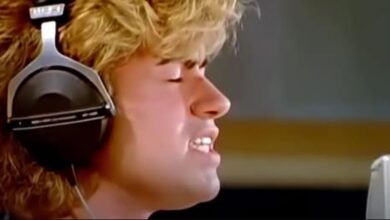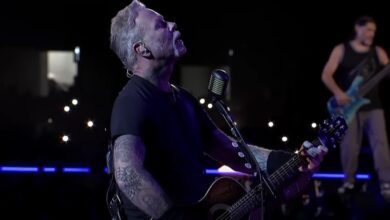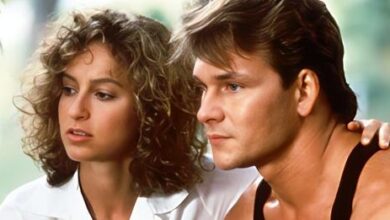Imagine, you’re a street musician and, all of a sudden, you’re on stage with David Gilmour
David Gilmour, the legendary Pink Floyd guitarist, stepped in to fill the void left by Syd Barrett, the band’s original frontman, whose challenges with mental health and substance abuse led to his departure in 1968. Barrett’s influence on the band was profound, and his departure left a significant gap. However, Gilmour’s entry marked a new era for Pink Floyd, bringing a distinctive sound and style that would propel the band to new heights. Pink Floyd’s homage to Barrett, “Shine On You Crazy Diamond,” from their 1975 album “Wish You Were Here,” stands as a testament to their deep connection with their former bandmate. The song, featuring a unique wine glass sequence recorded in 1971, captures the band’s enduring respect and affection for Barrett.
This brings us to a remarkable moment in Venice in 2006, a city known for its romantic canals and rich musical history. On 11 August 2006, the day before his final performance in St Mark’s Square, Gilmour was exploring the city with his wife, Polly Samson. Venice, with its labyrinthine streets and hidden gems, offers a unique backdrop for unexpected discoveries. As they wandered through the historic streets, they encountered Igor Sklyarov, a street musician masterfully playing a glass harp. The ethereal sound of the glass harp, a rare and mesmerizing instrument, immediately caught Gilmour’s attention.
Impressed by Sklyarov’s skill, Gilmour, encouraged by Samson, decided to do something extraordinary. He invited the busker to join him on stage for the upcoming concert. Sklyarov, initially unfamiliar with Gilmour and unaware of the rock legend’s status, was taken aback by the invitation. However, after realizing the significance of the opportunity, he agreed to participate. This spontaneous collaboration promised to add a unique touch to the concert, blending Sklyarov’s delicate glass harp melodies with Gilmour’s iconic guitar riffs.
The following day, the anticipation in St Mark’s Square was palpable. The stage was set for what would become an unforgettable performance. Despite the persistent rain, a large crowd gathered, eager to witness Gilmour’s final concert in Venice. As the concert began, the atmosphere was electric. When it was time for “Shine On You Crazy Diamond,” Sklyarov took his place on stage alongside Gilmour. The combination of the glass harp and Gilmour’s guitar created a hauntingly beautiful rendition of the song, paying homage to Syd Barrett in a way that resonated deeply with the audience.
The performance was charged with emotion, as the unique blend of instruments brought a new depth to the iconic song. As they played, the audience was visibly moved, with many attendees deeply touched by the collaboration. The performance reached its peak with the reveal of a full choir and orchestra, adding layers of grandeur to the already epic rendition. The sheer power and heartfelt delivery of the performance left a lasting impact, earning praise from all who witnessed it.
Reflecting on the event, Gilmour expressed his admiration for Sklyarov’s talent and the serendipitous nature of their meeting. He acknowledged that such spontaneous moments often lead to the most memorable and impactful performances. For Sklyarov, playing alongside Gilmour in front of thousands was a life-changing experience. It showcased his incredible talent to a wider audience and highlighted the beauty and versatility of the glass harp.
The concert on 12 August 2006, despite the persistent rain, drew a large crowd eager to witness Gilmour’s performance, marking a memorable night for both the audience and Sklyarov. This event not only celebrated the enduring legacy of Pink Floyd’s music but also underscored the power of music to bring people together in unexpected and magical ways. The night in St Mark’s Square will be remembered as a testament to the spontaneous and transformative power of live music, leaving a lasting impression on all who were fortunate enough to be there.
Looking back, the collaboration might have extended to more performances had Gilmour met Sklyarov earlier during his stay in Venice. The chemistry between the two musicians was undeniable, and their performance together was one of the highlights of the evening. Sklyarov’s mastery of the glass harp added a unique and ethereal quality to the music, enhancing the overall experience for the audience. The crowd’s enthusiastic response was a testament to the success of this impromptu collaboration.
In summary, the remarkable Venice concert in 2006 serves as a beautiful reminder of the unpredictable magic that live music can create. David Gilmour’s willingness to embrace a spontaneous collaboration with a street musician not only enriched the concert experience but also left an indelible mark on all who witnessed it. For Igor Sklyarov, the chance encounter transformed his life, showcasing his talent on a global stage and exemplifying the unifying power of music.





